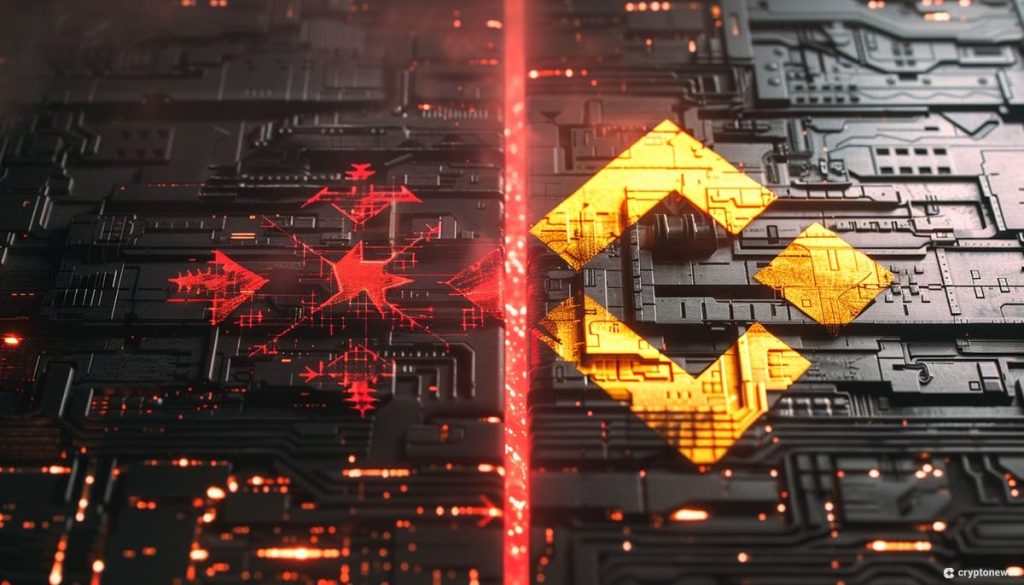Binance recently announced the suspension of Bitcoin Ordinals trades and deposits, advising holders of Bitcoin-based non-fungible tokens (NFTs) to withdraw their assets before May 18, 2024. The exchange did not disclose the reason for this move but stated it was part of an effort to streamline product offerings on its marketplace. Additionally, benefits related to Bitcoin NFTs on the Binance NFT marketplace will cease after April 10, 2024. Despite Binance’s decision, OKX plans to support four new inscription standards, showing confidence in the future of Bitcoin Ordinals in 2024.
Bitcoin Ordinals, also known as Bitcoin NFTs, allow users to embed digital content onto the Bitcoin blockchain, such as music, audio, text, video, images, or art. Binance had added support for these collectibles in 2023, but the inclusion has been abruptly ended less than a year later. Data from non-fungible.com indicates a significant decline in NFT sales across various blockchains, including Ethereum, highlighting challenges faced by the NFT market. While Binance’s decision to end support for Bitcoin Ordinals may have been influenced by declining demand, the overall NFT market is experiencing multi-year lows in terms of interest and trading activities.
Luke Dashjr, a prominent Bitcoin Core developer, raised concerns about the impact of Bitcoin Ordinals on the security and congestion of the Bitcoin network. Dashjr highlighted how inscriptions related to Bitcoin NFTs were causing network clogs, increased fees, and exposed vulnerabilities within the blockchain. The rise of inscriptions has led to network congestion and high transaction fees, with users experiencing delays in transaction processing. Data from Dune Analytics shows that the Bitcoin network has seen a high volume of inscriptions, resulting in over $430.7 million in transaction fees. The prevalence of inscriptions representing NFTs and BRC-20 tokens has sparked a debate within the crypto community about their compatibility with the original purpose of the Bitcoin network.
The decline in NFT sales and the challenges posed by Bitcoin Ordinals have raised questions about the future of non-fungible tokens on the Bitcoin network. Some experts argue that Bitcoin was designed for peer-to-peer financial transactions and may face similar issues to the Ethereum chain, such as scammy meme coins and high transaction fees. On the other hand, proponents of Bitcoin Ordinals view them as a source of innovation and decentralization within the network. The debate surrounding the inclusion of NFTs and inscriptions on the Bitcoin blockchain reflects broader discussions within the crypto community about the role of digital assets and their impact on network efficiency and security. Despite the challenges faced by Bitcoin Ordinals and the NFT market, there remains optimism about the potential for growth and development in the crypto space.


